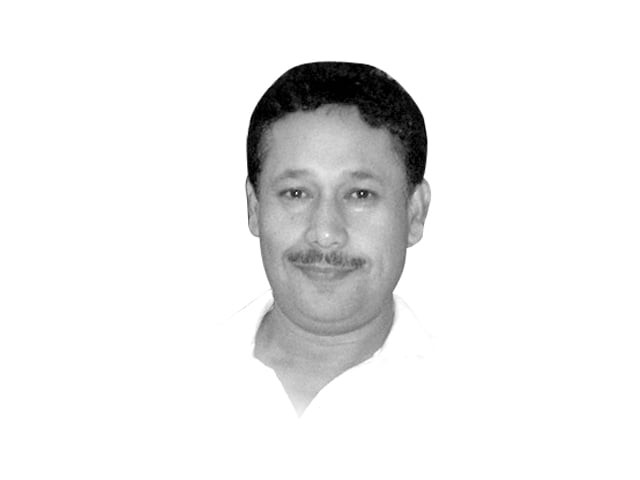The birth of a new Sudan
Many colonially carved nation states around world have faced, severe challenges of legitimacy.

Today, the Sudan crisis is a fresh reminder for all those suppressive regimes that oppression not only alienates the suppressed population but also deepens wounds to beyond levels of repair.
The process which will split Africa’s largest Muslim nation state is unfolding before us as this was being written. On January 9, 2011 the Southern Sudanese started to vote for a week-long referendum on possible independence. The referendum is a consequence of a 2005 peace deal that ended a two-decade-long civil war between the government of Sudan in the north and the Sudan People’s Liberation Army in the south.
Sudan embraced freedom in 1956, when joint British-Egyptian rule over the country ended. However, the country is still beset by another conflict. The ongoing conflict in the western region of Darfur has driven two million people from their homes and killed more than 200,000. Unlike the north, the Christian south is appallingly poor and known as the world’s hungriest place. Full of jungles and energy resources, particularly oil, the southerners claim they were discriminated against and were angered at attempts to impose Islamic laws in the region by the Arabic-speaking Muslim north.
Though the international community, including the UN, is putting all its available human and technological resources to make it a peaceful process of divorce, there are fears of backlash.
The true test of Sudan will commence after the results of the referendum come out. If Southern Sudan chooses to stay within the country, its army needs to be integrated with that of the central government within 90 days — a daunting task, given that the two armies now confront each other along the length of the border.
If it chooses secession, an independent state will be born as soon as the vote is announced. Assets, including oil revenues, water and national infrastructure will have to be divided. Nationality will need to be defined. Any new currency will need to come into circulation at a price that is sensitive to the interests of many different economic groups. The mounting task before the ill-equipped, impoverished and vulnerable Southern Sudan will be to architect a very balanced regional foreign policy because oil and water resources are contentious issues and there will be many attempts by regional powers to manipulate new Sudan’s policies in their favour, which will ultimately result in a broader regional conflict.
But Sudan’s ongoing conflicts are the result of a failure to perform essential functions of statehood, including the ability to extract legitimacy, provide political accommodation, including security to diverse groups and ensure delivery of equal basic social services and infrastructure. A state unable to perform these functions for longer time periods, over a substantial portion of its territory, is deemed collapsed.
Published in The Express Tribune, January 15th, 2011.














COMMENTS
Comments are moderated and generally will be posted if they are on-topic and not abusive.
For more information, please see our Comments FAQ